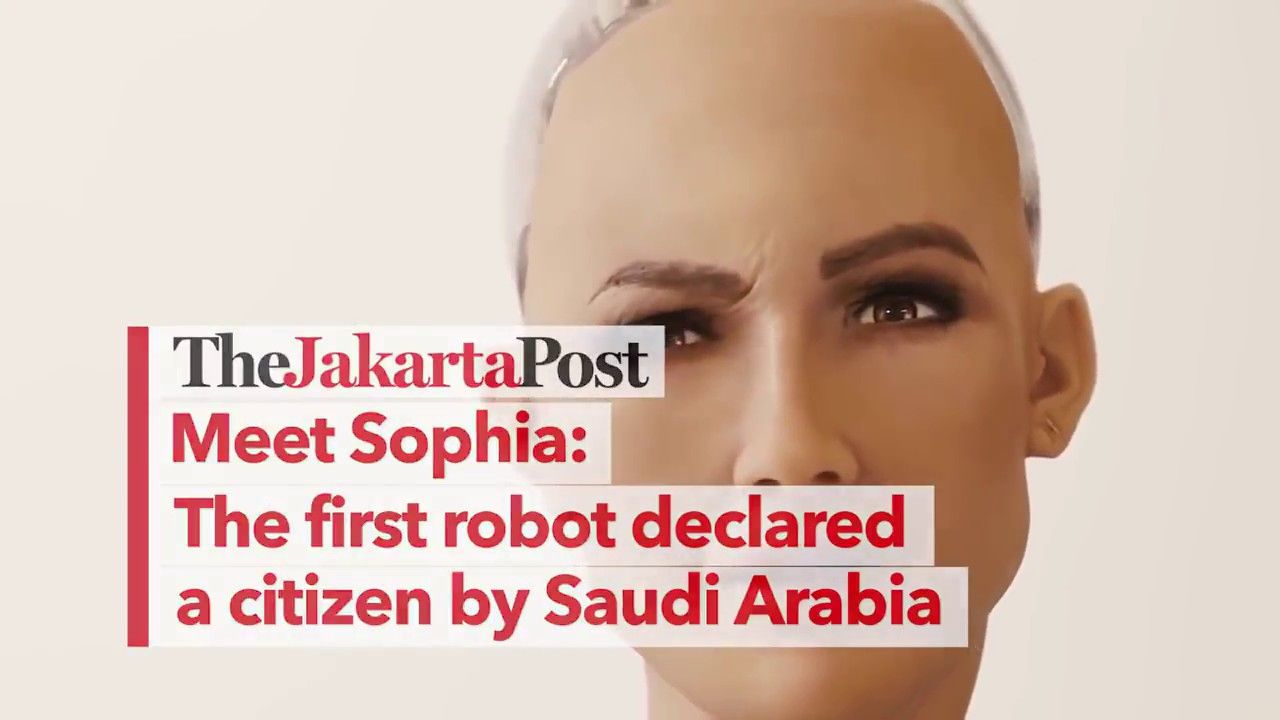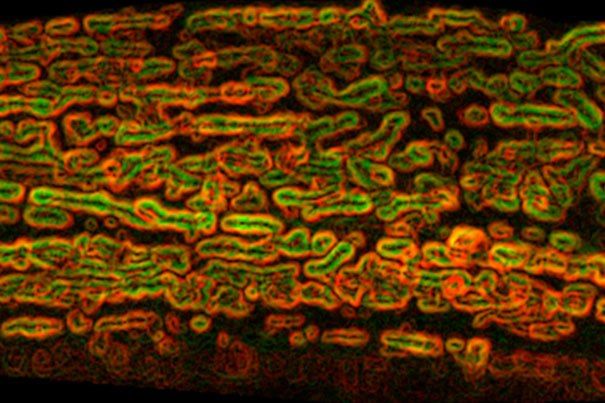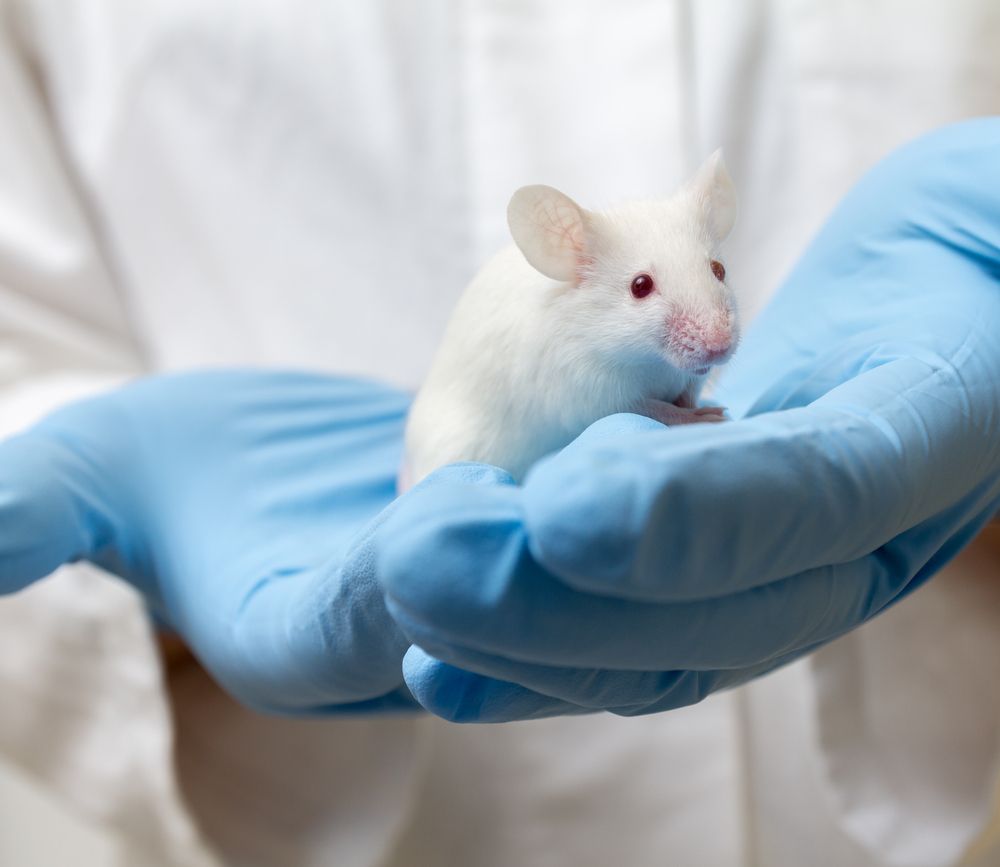Page 9148
Nov 4, 2017
Intermittent fasting may be center of increasing lifespan
Posted by Alexander Rodionov in categories: biotech/medical, health
Manipulating mitochondrial networks inside cells may increase lifespan and promote health, according to a new study.
View all posts in Science & Health.
Nov 4, 2017
Cyborgs Among Us
Posted by Zoltan Istvan in categories: biotech/medical, cyborgs, evolution, transhumanism

This film “Cyborgs Among Us” that has a segment on my #transhumanism work (as well as many others in our community) has its #Dutch premier on Nov 10 in a major international science film festival. Go see it if you can!
Imagine having a sixth sense! These are the first cyborgs that transcend the boundaries of human possibility and spark the debate about the technological evolution of mankind. Cyborgs Among Us offers insight into how technology can become part of us and the social and ethical implications associated with it.
Nov 4, 2017
Supporting a decentralized, uncensored Internet for every person on the planet
Posted by Ian Hale in categories: bitcoin, cryptocurrencies, encryption, internet
What makes a better Internet possible? At Orchid Labs, our goal is to ensure that every person on Earth can have access to an open, decentralized, and uncensored Internet. We believe a better Internet is one that isn’t controlled by the few, but open to all.
Currently, Internet access for the majority of the people on Earth is censored and monitored. Because of this, many Internet users are blocked from freely communicating, collaborating, and accessing information. The current centralized system, which limits our ability to communicate and learn — while also harvesting and selling our personal data — is far from the full potential of what the internet could be and strays from the original intention of its creators.
That’s why we’ve launched the Orchid Protocol, an open-source overlay network that uses excess bandwidth on top of the existing Internet to ensure that people — no matter where they live on our planet — can have unrestricted access to information and collaboration. Orchid’s protocol combines surplus bandwidth, state-of-the-art encryption, and a decentralized infrastructure enabling any Internet user to participate and exchange bandwidth for payment in peer-to-peer transactions using Orchid tokens on the Ethereum blockchain.
Nov 4, 2017
Trodusquemine Reverses Heart Disease in Mouse Study
Posted by Steve Hill in categories: biotech/medical, life extension
Atherosclerosis is the number one killer in the world, and science is working on solutions to combat this age-related disease. A new mouse study has shown that the drug trodusquemine can melt away the accumulated arterial plaques that lead to heart attacks and strokes.
What is Atherosclerosis?
Atherosclerosis is an age-related disease in which toxic, oxidized cholesterol deposits in the bloodstream produce inflammation in arterial walls. This causes macrophages to swarm to these fatty deposits to clear up this toxic waste.
Nov 4, 2017
Ozone hole over Antarctica shrinks to smallest peak since 1988
Posted by Dan Kummer in categories: biotech/medical, geopolitics, treaties
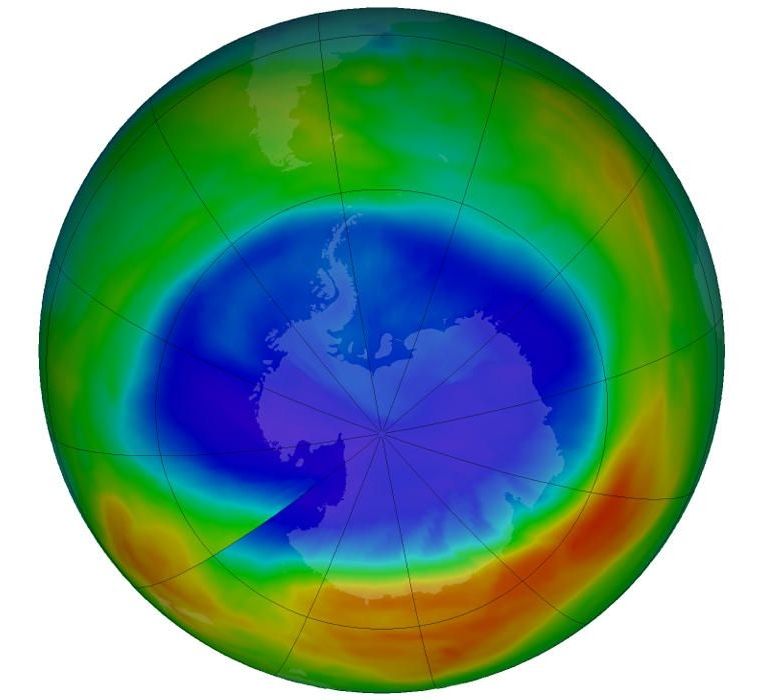
Ozone is a colorless combination of three oxygen atoms. High in the atmosphere, about 7 to 25 miles above the Earth, ozone shields Earth from ultraviolet rays that cause skin cancer, crop damage and other problems.
Scientists at the United Nation a few years ago determined that without the 1987 treaty there would have been an extra 2 million skin cancer cases by 2030. They said overall the ozone layer is beginning to recover because of the phase-out of chemicals used in refrigerants and aerosol cans.
Continue reading “Ozone hole over Antarctica shrinks to smallest peak since 1988” »
Nov 4, 2017
Falling Walls: The Past, Present and Future of Artificial Intelligence
Posted by Derick Lee in categories: biological, robotics/AI
Editor’s Note: The Falling Walls Conference is an annual, global gathering of forward thinking individuals from 80 countries organized by the Falling Walls Foundation. Each year, on November 9—the anniversary of the fall of the Berlin Wall—20 of the world’s leading scientists are invited to Berlin to present their current breakthrough research. The aim of the conference is to address two questions: Which will be the next walls to fall? And how will that change our lives? The author of the following essay is speaking at this year’s Falling Walls gathering.
This is more than just another industrial revolution—it is something that transcends humankind and even biology.
- By Jurgen Schmidhuber on November 2, 2017
Nov 3, 2017
Anomalous bottoms at Cern and the case for a new collider
Posted by Andreas Matt in category: particle physics
Particles known as “bottom mesons” are not decaying in the way the Standard Model of particle physics says they should, and it’s causing some excitement.
Nov 3, 2017
This Captivating Sci-Fi Short Film Was Randomly Generated By a Computer
Posted by Sean Brazell in categories: alien life, computing, mathematics
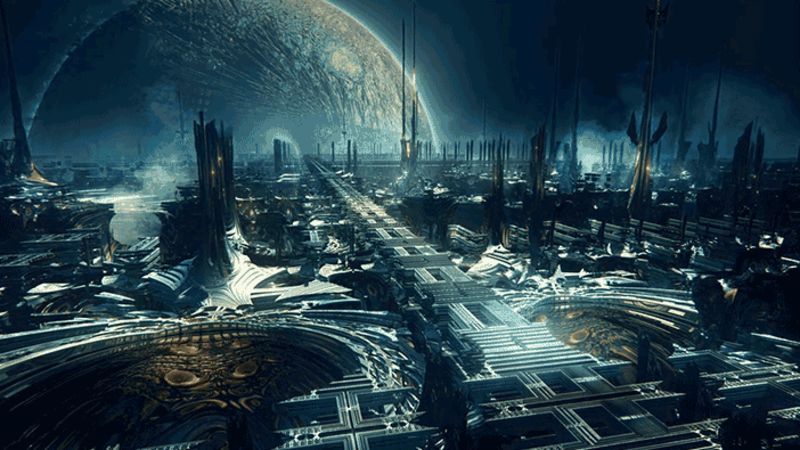
We wouldn’t blame you for thinking that Julius Horsthuis spent weeks designing and animating his sci-fi short, Fraktaal, using 3D software. But as the artist reveals, “It so happens that I’m a lazy animator.” So he instead relied on complex mathematical fractal patterns to automatically generate the alien worlds and cities visited in his film.
Nov 3, 2017
How to Cure Aging – During Your Lifetime?
Posted by Simon Waslander in categories: biotech/medical, life extension
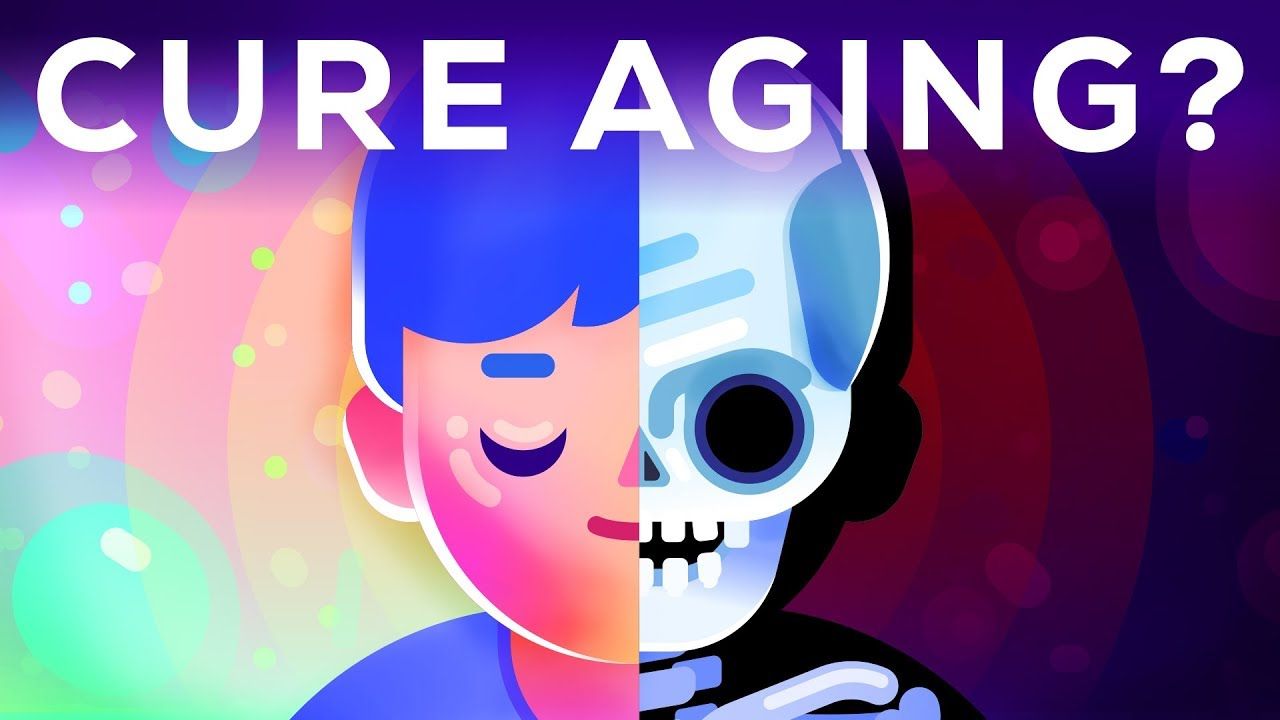
What if we could stop aging forever?
Thanks so much for help with the video to Lifespan.io. Check them out and learn how you can get active here:
Continue reading “How to Cure Aging – During Your Lifetime?” »
